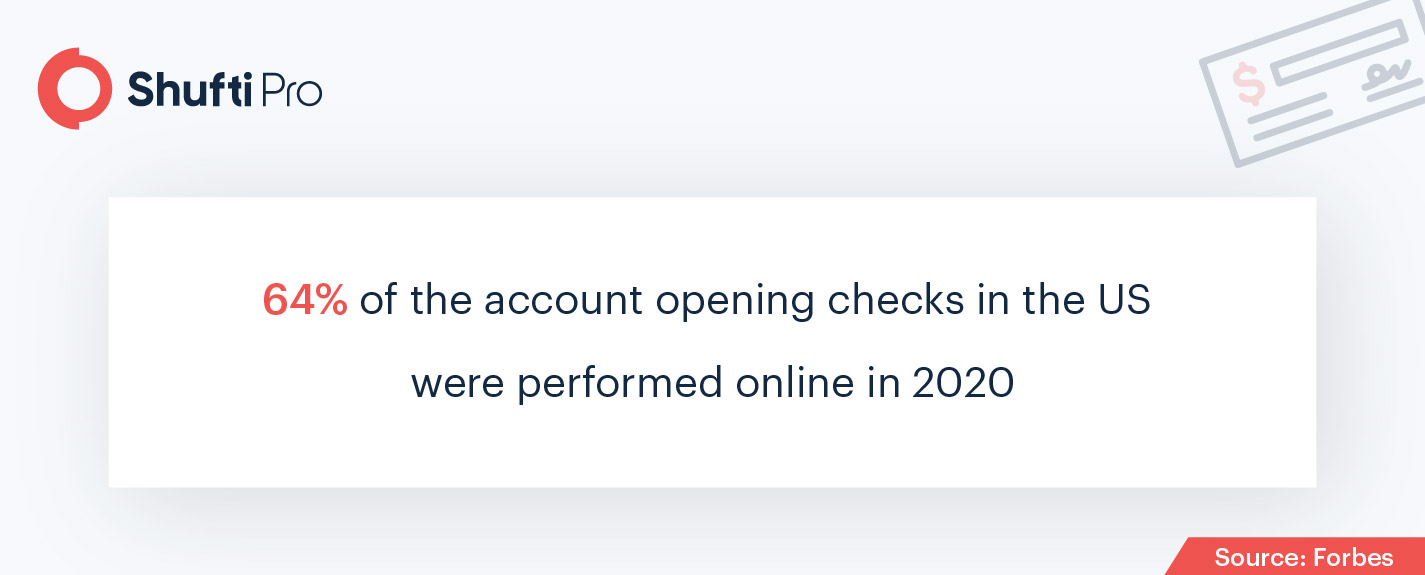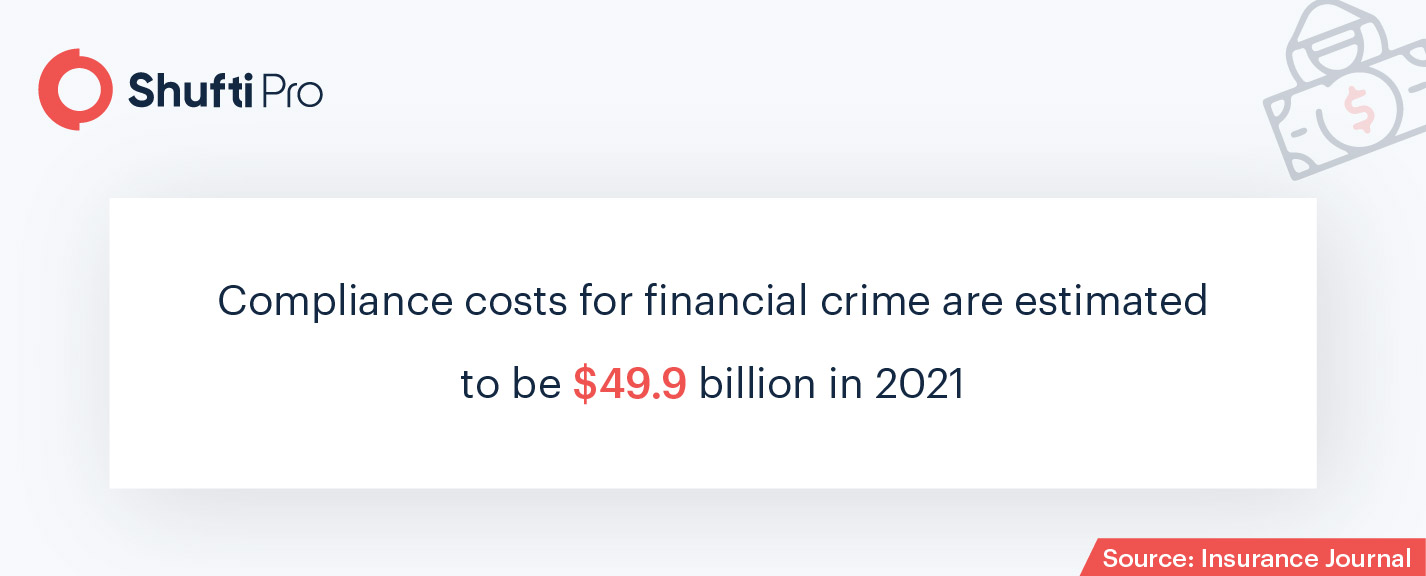New KYC Regime for the UK, US, and Australia – What’s in it for Financial Institutions?

Financial institutions are known for getting their reputation maligned due to crimes like identity theft and money laundering, which often lead them into unfavorable situations. To counter financial crimes and identity fraud, Know Your Customer (KYC) measures are implemented by banks and investment companies along with Anti-money laundering (AML) protocols. In recent times, these KYC processes have undergone ceaseless enhancements to level the playing field with new and evolving methods of fraudulent activities.
The Covid-19 situation has compelled banks to considerably depend on digital platforms in order to continue their operations. This further increases the importance of KYC solutions, as online transactions are more prone to being targeted by fraudsters. A study found that around 18 million individuals became victims of digital payment scams in 2020. This clearly indicates that the present KYC systems were not so efficient in eliminating fraudulent entities and required substantial improvement to cope with these challenges.
What is KYC Verification System?
KYC verification system is a measure employed by financial institutions to verify the identities of their customers to ensure the onboarding of legitimate individuals. This AI-driven fraud prevention solution allows companies to comply with KYC regulations. It verifies identities through certain checks including the detection of live presence through biometric facial verification and document verification.

The Deloitte Regulatory Outlook 2021 suggests that financial crimes like money laundering have increased as a result of the unstable situation across the globe.
Diversified techniques used by cybercriminals make it difficult for financial institutions to keep track of their transactions. For instance, invisible identities on the internet and the reduced use of cash in digital business platforms have accounted for an increase in the cases of illegal money transfers through cryptocurrencies.
New Challenges in the KYC Landscape
According to a recent study, the challenges that came forth with the pandemic are here to stay, as banks and businesses now seek to prioritize the delivery of mobile-based services for additional convenience. With most customers willing to perform their banking operations through digital means, the loopholes in the financial landscape are ostensibly revealed. As indicated in a Deloitte report, inefficient KYC and AML processes in financial institutions have led to further developments in KYC solutions and regulations. As it turns out, banks and other financial institutions either do not implement sufficient KYC practices, or the regions they cover in the AML screening process are limited.
The paper suggests that KYC services must cover a wider range of financial institutions and increase the number of covered jurisdictions in AML screening. A risk-based approach is suggested for banks as they are required to conduct customer due diligence and adhere to the respective compliance guidelines. Moreover, financial institutes were noticed to be incorporating 1st generation processes such as screening through customer names and rules-based profiling.
These outdated solutions are not equipped with artificial intelligence and are therefore not capable of detecting today’s financial scams. In addition to this, organizations looking to cut down on the costs for KYC/AML solutions are observed to be depending on open-source data for screening purposes. To improve this cluttered paradigm of financial operations, several regulatory bodies have contributed to improving the KYC landscape.

Updated Laws and Regulations in 2021
2021 saw several major updates in KYC regulations, including updates to the UK’s Sanctions and Money Laundering Act 2018. This Act enforces the implementation of anti-money laundering measures throughout the country while enforcing efforts for improving the UK’s national security to cope with international standards. Furthermore, the 6th AMLD (Anti-money Laundering Directive) was enforced earlier than planned pertaining to the spike in fraudulent activities during the pandemic. In this directive, KYC and AML laws were further tightened as 22 offenses were listed and the transaction threshold was narrowed down. Stressing mainly on RegTech companies, the sixth AMLD announced upto four years of imprisonment for the crimes of money laundering and terrorist financing.
The 6AMLD wasn’t the only directive enforced as a result of the pandemic, as AUSTRAC (Australian Transactions Reports and Analysis Center) assisted businesses and financial institutions with alternative compliance solutions. AUSTRAC encouraged organizations around the country to incorporate KYC solutions using scanned copies of ID documents to verify identities. Section 4.15 of this law allows alternative verification of identity through references from healthcare professionals or employers.
Apart from these regulatory bodies, FINCEN also stepped forward and made amendments to the Bank Secrecy Act (BSA). These amendments are aimed at eliminating the surging threats of illicit financing and increasing the effect of AML laws in the country. The most significant additions to the BSA were requirements for enhanced due diligence (EDD) and beneficial ownership (UBOs).
According to a Deloitte report, the CSSF (Commission de Surveillance du Secteur Financier) added to the EBA’s (European Banking Authority) Guidelines
on customer due diligence and risk factors, including new sectoral guidelines as well as details of terror financing risk factors.
What’s in it for Financial Institutions
Considering the negative outcomes resulting from the pandemic and mass digitization, the stringent financial regulations are sufficiently justified, as improved risk management and efficiency of KYC systems have evidently become the need of the hour for financial institutions. In order to level the playing field with the surfacing financial crimes and identity theft, compliance with the updated KYC regulations has become an urgent necessity. Organizations must establish firm grounds for data collection and privacy in order to protect customers’ transactions and personal information from getting into the wrong hands.
Banks and investment companies are required to identify the loopholes and vulnerabilities in their system for the prevention of identity theft through data breaches. Moreover, outdated technology must be replaced with machine learning algorithms for improved data analysis and wider coverage of global watchlists. The KYC/AML framework of financial institutions is essentially a firewall against fraud, which makes it more than just a verification measure. If left unchecked, financial criminals are capable of causing monetary damages as well as staining the reputation of organizations.
Key Takeaways
KYC and AML compliance is of utmost importance in financial institutions when it comes to eliminating the risks of crimes like money laundering and terrorist financing. After continuous technological advancements, automated KYC solutions now allow seamless customer onboarding and enable financial organizations to meet compliance regulations. Shufti offers AI-driven KYC services with support for more than 150 languages in 195 countries.
Get in touch with our experts to learn more about KYC processes.

 Explore Now
Explore Now













